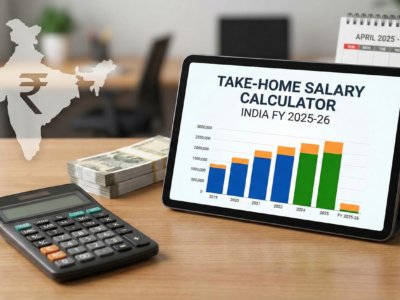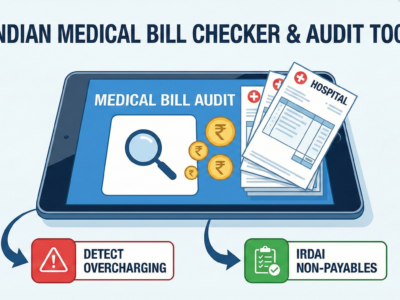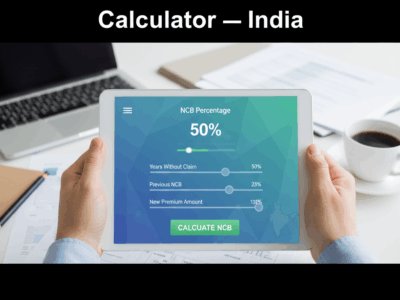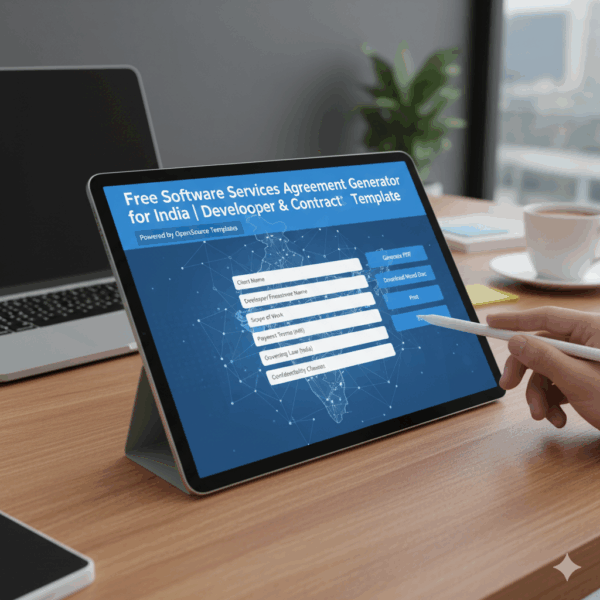Business Car Tax Calculator India Tool: Calculate Vehicale Depreciation & Deductions
Are you a business owner in India considering purchasing a vehicle for your company, LLP, or proprietorship? Buying a car in your business’s name can offer significant tax benefits, primarily through depreciation claims and deducting running expenses. However, navigating the rules around GST Input Tax Credit (ITC), the 180-day depreciation rule, and personal usage disallowance can be complex. This interactive self-assessment tool is designed to simplify the process. Enter your car’s details below to get a clear, instant estimate of your potential first-year tax deductions and make a well-informed financial decision.
Business Car Tax Self-Assessment
Evaluate the tax implications of buying a car in your business's name in India. Fill in the details below to see a breakdown of potential benefits and crucial considerations.
Your Assessment Results
Deductible 1st Year Depreciation
Total 1st Year Deduction Claim
✅ Potential Benefits
Depreciation Claim
Running & Financing Expense Deduction
⚠️ Key Considerations & Caveats
Personal Use Disallowance
GST Input Tax Credit (ITC) is Not Available
The significant GST amount (28% + Cess) paid on the car purchase cannot be claimed as an Input Tax Credit. This amount gets added to the car's cost, and you only get a depreciation benefit on it over time.
The "Free Car" Fallacy: Tax on Sale
The car is not "free" when you sell it. The sale amount reduces the Written Down Value (WDV) of your 'block of assets'. If you sell it for more than its WDV, the profit is treated as a Short-Term Capital Gain and is taxed at your applicable slab rate, effectively reversing some of the depreciation benefits claimed.
Disclaimer
This tool provides an estimate based on the information provided and general income tax rules. Tax laws are complex and subject to change. This is not professional tax advice. Please consult your Chartered Accountant (CA) for guidance tailored to your specific situation.
Frequently Asked Questions
No. The law requires that expenses must be incurred "wholly and exclusively" for business purposes. If the Income Tax Officer determines the car is used for personal reasons, they will disallow a portion of both depreciation and running costs. A disallowance of 10-20% is common. Maintaining a detailed logbook of trips can help justify your business usage percentage.
It significantly impacts your first-year depreciation claim. If you purchase a car and put it to use for less than 180 days in a financial year (i.e., you acquire it on or after October 2nd, approx.), you can only claim half of the normal depreciation rate for that year. For a standard car, this means the rate drops from 15% to 7.5% in the first year.
Input Tax Credit allows businesses to reduce their GST liability by claiming credit for the GST paid on inputs. However, under current GST law, ITC is specifically blocked for motor vehicles with a seating capacity of 13 persons or less (including the driver). This means the large GST amount you pay (28% + cess) becomes a part of the car's cost price for the purpose of calculating depreciation.
If you take a loan to purchase the car for your business, the interest paid on that loan is fully deductible as a business expense (after adjusting for any personal use). This is in addition to the depreciation and running costs you can claim, providing an extra tax deduction. The tool above allows you to factor this in. The decision also depends on your business's cash flow; discuss financing options with your CA.
Proper documentation is crucial. You must keep:
- Purchase invoice, RC, and insurance policies.
- All fuel, servicing, and repair bills.
- Loan statements showing interest paid.
- Driver's salary records (if applicable).
- A detailed vehicle logbook tracking business vs. personal mileage.









